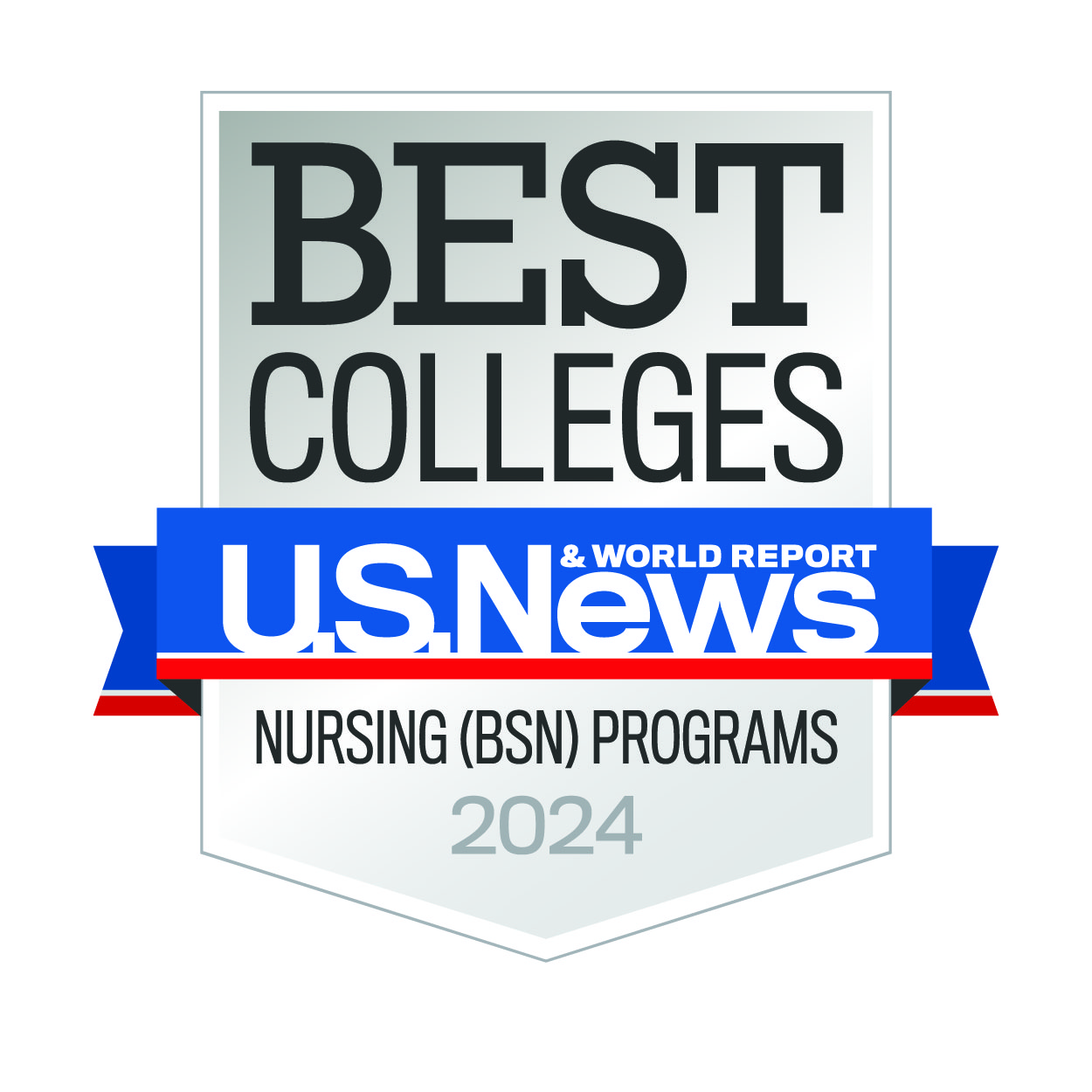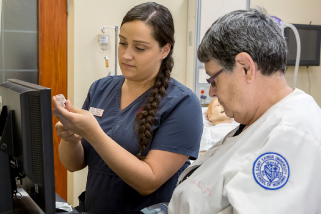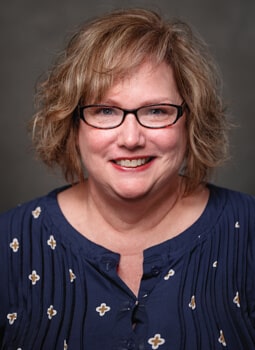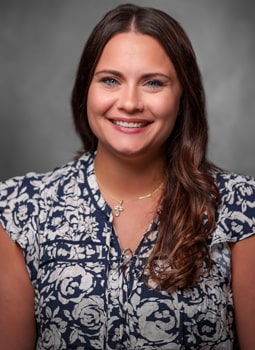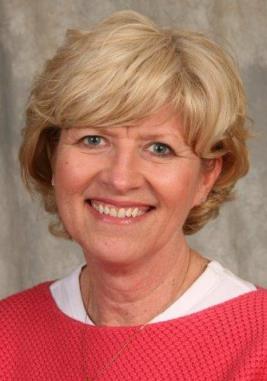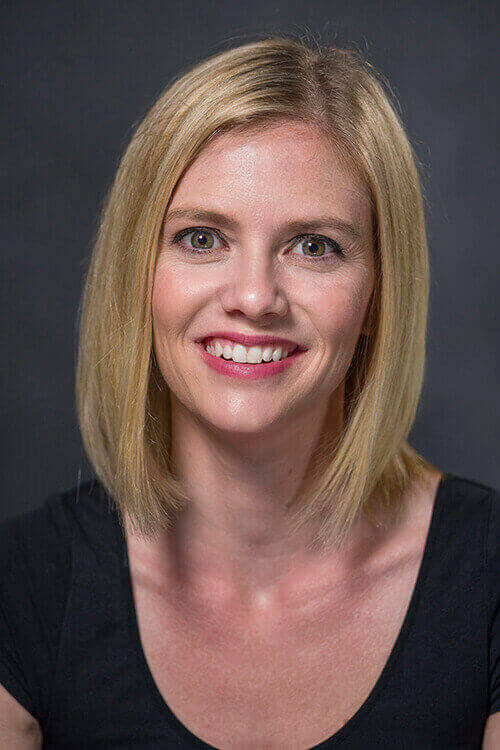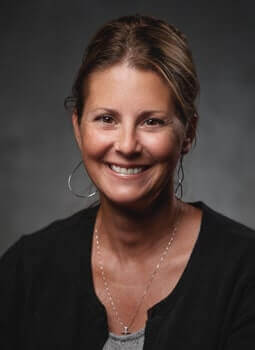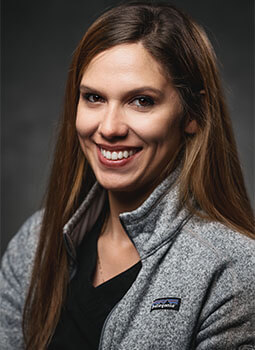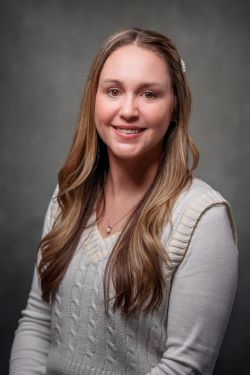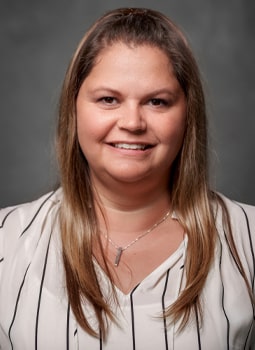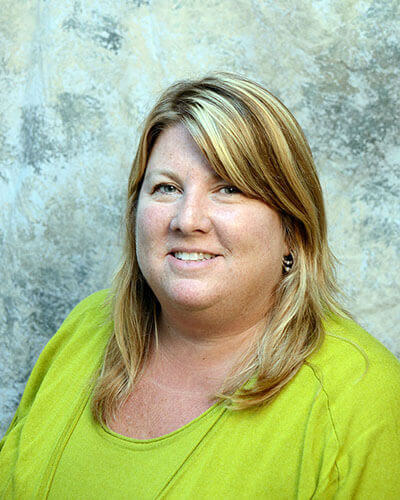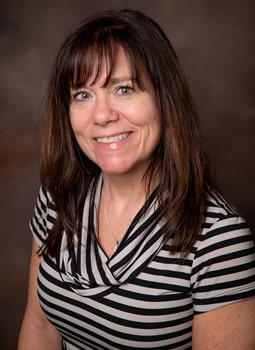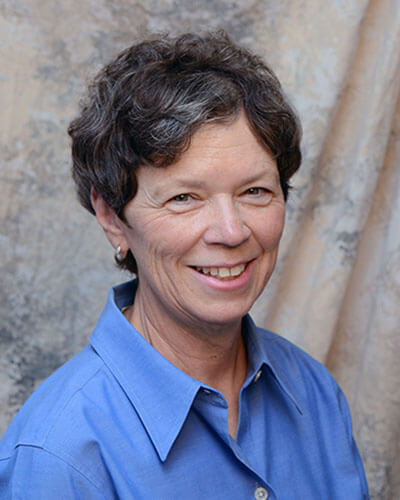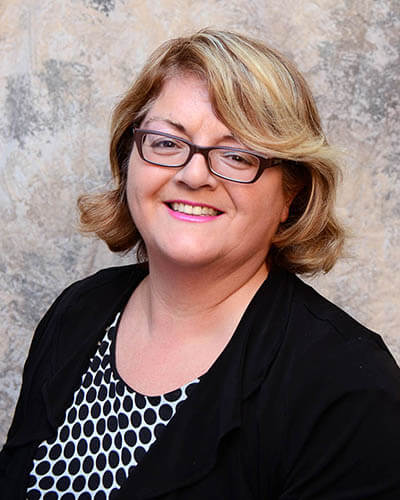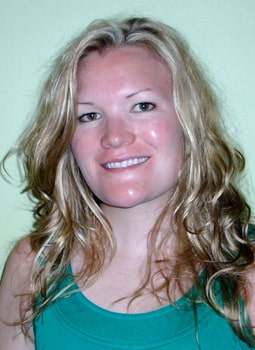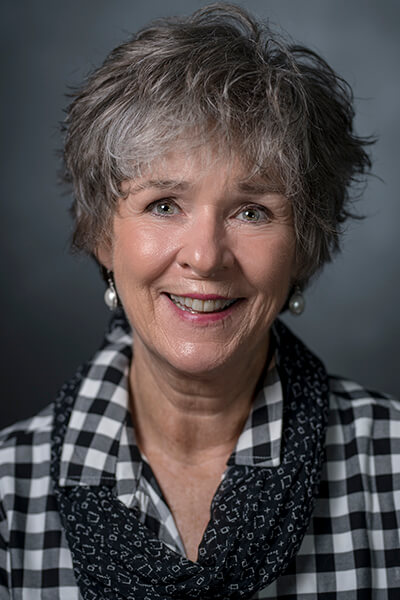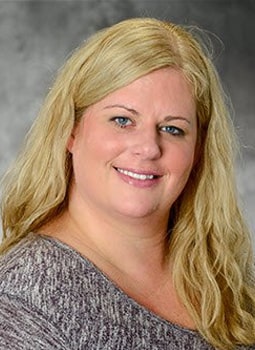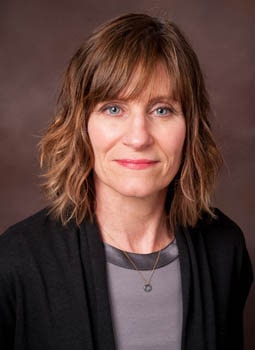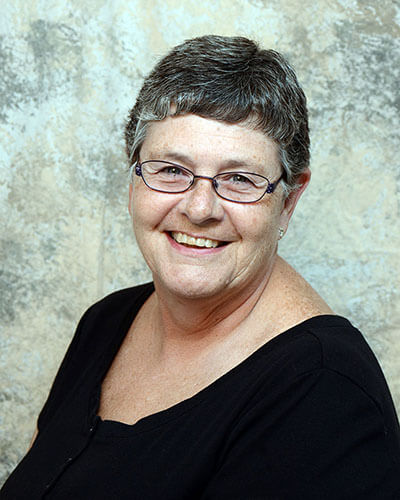Bachelor of Science in Nursing (BSN)
Make a real difference in people's lives everyday in this fast growing, in-demand profession. Be a nurse!
The Bachelor of Science in Nursing (BSN) Nursing curriculum is designed to prepare students to practice as nurse generalists independently or collaboratively with other health professionals in the areas of health promotion, risk reduction, and illness management in all types of practice settings. The core nursing knowledge of this program provides a foundation for critical thinking, preparing students for personal and professional growth and providing a foundation for graduate education in nursing.
Why Earn Your B.S. in Nursing?
Nursing graduates will join an in-demand health care profession where they can make a real impact on the lives of their patients. With over 100 specialty areas to pursue, our students go on to be leaders, innovators, advocates, problem-solvers, educators, and more -- they are the next generation of health care heroes!
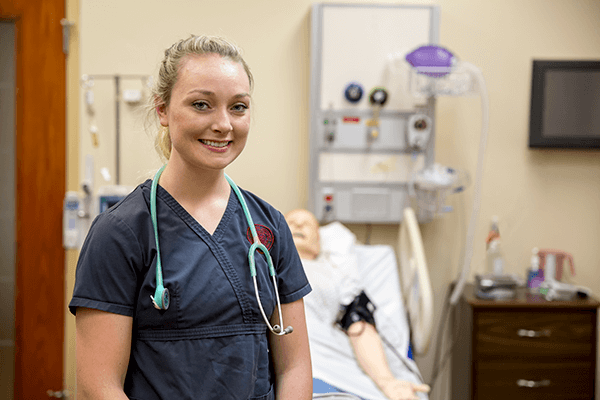
About the Program
Building on the foundation of prerequisite courses, students will learn concepts related to professional nursing. Students will take courses in pathophysiology, pharmacology, health assessment and additional courses, where they will learn about illness management, disease prevention, and health promotion. Students will engage in clinical experiences where they will apply those concepts across the lifespan, from the very young to the older adult in a variety of settings including acute care, home health, hospice, schools, and public health.
SXU's nursing program was developed to reflect the following professional nursing standards and guidelines: the Essentials of Baccalaureate Education for Professional Nursing Practice (AACN), the Test Plan for the National Council Licensure Examination for Registered Nurses (NCSBN), and the ANA Nursing Scope and Standards of Practice.
SXU's Simulation and Integrated Learning Center (SILC) is located on the first floor of the Warde Academic Center. Students participate in simulation as a key component to hands-on education where authentic nursing scenarios are brought to life in a safe learning environment. These simulation experiences are threaded through the entire program to prepare our students for nursing practice. There is ample space for students to practice high-impact clinical skills with guidance from expert nursing faculty and the SILC staff.
The Student Nurses Association (SNA) is an organization for students in all level of the nursing program to connect at group meetings and through a variety of community service projects. The group is guided by two full-time nursing faculty members.
The baccalaureate degree program in nursing and master's degree program in nursing at Saint Xavier University are accredited by the Commission on Collegiate Nursing Education (CCNE).
Because of the rigorous standards necessary to earn and maintain accredited status, CCNE-accredited nursing schools like SXU's School of Nursing give prospective students greater confidence in the education they will receive. Earning a nursing degree from a CCNE-accredited program will also assure employers of the value of your education.
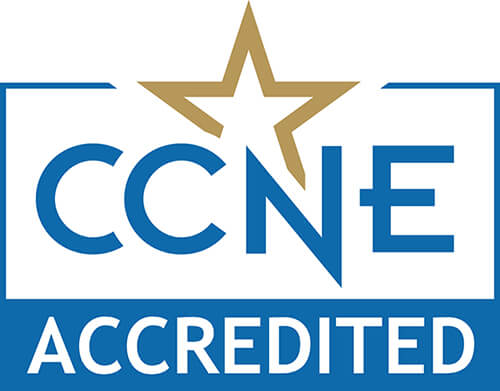
The goals of the undergraduate program in nursing are to:
- Develop the liberally educated professional nurse who is prepared to practice in entry level positions in various settings.
- Provide a foundation for personal and professional development.
- Provide a foundation for graduate study in nursing.
End of Program Student Learning Outcomes:
- Integrate and apply established and evolving disciplinary nursing knowledge and ways of knowing, including knowledge from other disciplines, liberal arts, and natural and social sciences.
- Provide intentional person-centered care that is holistic, inclusive, compassionate, coordinated, evidence-based, and developmentally appropriate to protect, promote, and optimize health.
- Promote population health across the evolving healthcare delivery continuum from prevention to disease management through collaborative activities with both traditional and non-traditional partnerships to address health policies and social determinants of health for the improvement of equitable population health outcomes.
- Synthesize, apply, and disseminate research and evidence-based practice to improve health and transform health care.
- Utilize established and emerging principles of safety and improvement science to enhance quality of care and to minimize risk of harm to patients and providers, through both system effectiveness and individual performance.
- Effectively communicate and collaborate across professions and with care team members, patients, families, communities, and other support systems, to promote high quality, safe patient care and enhance the healthcare experience.
- Coordinate the use of resources across the continuum of diverse health care systems to meet the evolving health care needs of individuals, families, communities and populations across the lifespan.
- Use current technologies and informatics to gather data, inform decision making, and provide, document, and evaluate outcomes of care in the management and improvement of the delivery of healthcare services, in accordance with best professional practice and regulatory standards.
- Cultivate a professional identity that reflects nursing's characteristics and values of ethical behavior, accountability, civility, respect, collaborative disposition, excellence, compassion, service, hospitality, and integrity.
- Participates in activities and self-reflection for professional and personal development that foster personal health, resilience, and well-being, contribute to lifelong learning, and support the acquisition of nursing expertise and leadership development.
Why should prospective students choose SXU for their BSN?
- Saint Xavier University's School of Nursing combines classroom learning with experiential learning to produce graduates ready to practice in a variety of health care settings, including acute hospital care and community-based care.
- Our faculty are experienced professional nurses who hold advanced degrees from a variety of colleges and universities and are passionate about teaching the next generation of nurses.
- Small class sizes allow for close interaction with faculty and student colleagues.
- Students will develop a habit of lifelong learning that will prepare them for the ever-changing nursing profession.
- With core values of service, integrity, and excellence exemplified throughout campus and in the nursing profession, students will become more effective citizens and assets to their communities.
Many students in the nursing program pursue a minor in Gerontology. The Interdisciplinary Gerontology/Aging Studies program offers a minor that examines the diversity and complexity of the older adult using a venue of varied disciplines and perspectives, including biology, psychology, sociology, spirituality, communication and health. The minor will meet the educational and experiential needs of a variety of students who have an interest in working with the older adult or for students who wish to gain knowledge about this growing segment of the population. Students will acquire a general understanding of the impact of culture, ethnicity, spirituality, and health and level of wellness and quality of life on older adults.
Quick Links
Request Information
Want to know more about graduate programs at Saint Xavier University? Please fill out the form below!
Contact the Office of Admission
- 773-298-3050
- Toll Free: 844-GOTO-SXU (844-468-6798)
- Fax: 773-298-3076
- Email: admissionFREESXU
- M-F: 8:30 a.m. to 4:30 p.m.
